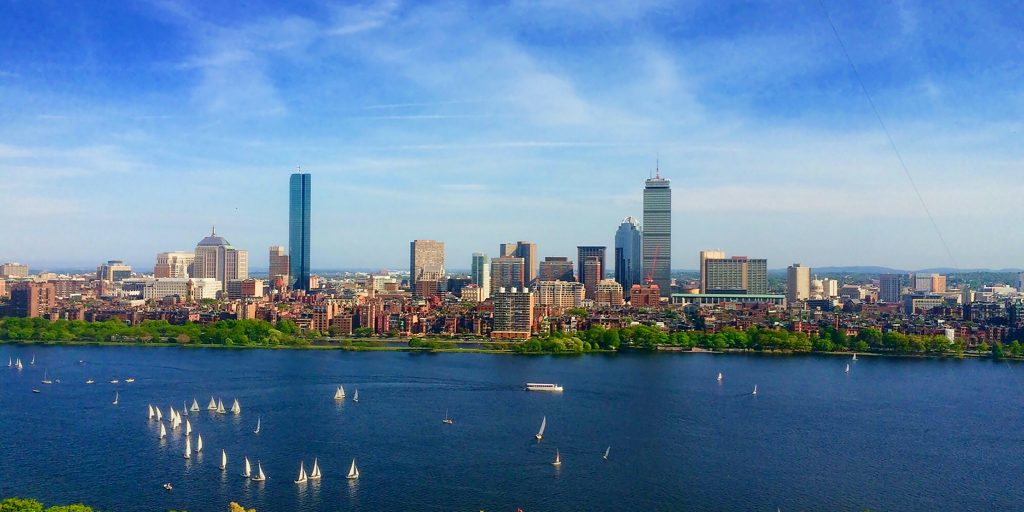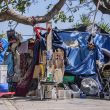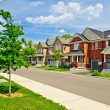Boston contributes public land, $60 million for affordable housing units
The federal funding that’s been allocated for local communities over the last few years has provided administrators with an unprecedented opportunity to address a wide range of social challenges including access to education, connectivity, homelessness and affordable housing. Joining other states and communities across the nation, city administrators from Boston, Mass. are allocating $60 million in American Rescue Plan Act (ARPA) funding to develop 150 parcels of public land into income-restricted affordable housing.
“Housing is the foundation of a healthy, thriving city,” said Boston Mayor Michelle Wu in a statement about the initiative. “In Boston this is an urgent issue that impacts every neighborhood, every generation, every demographic. We are moving as fast as possible with every single lever that the City has, making land available in partnership with community developers and making the financing possible with increased down payment assistance to ensure every resident has access to affordable homeownership opportunities.”
The investment follows completion of the Public Land for Public Good: Citywide Land Audit, an audit led by the Boston Planning and Development Agency (BPDA) of all city-owned property. Of all Boston’s public land, 150 were highlighted for their potential development opportunities, according to a statement about the affordable housing project.
Along with development costs for the affordable housing units, the funding will be used to lower mortgage interest rates and provide up to 5 percent of the purchase price or $50,000 to income-eligible first-time homebuyers for downpayment and closing cost assistance. A homeownership program for qualified Boston Housing Authority residents will also be established. The initiative will launch next year.
“In early 2023, the city will issue a Request for Proposals (RFP) to developers for the first 70 parcels to create homes for residents to own. A portion of the ARPA funds will be used to subsidize the construction of the housing units, making the new homes affordable to moderate-income households,” the statement says.
With home prices soaring in Boston and other metro centers, city administrators have taken on creating more affordable housing opportunities as an imperative policy action. An analysis from the Federal Home Loan Mortgage Corporation, known as Freddie Mac, notes the pandemic “amplified existing urban deconcentration by threefold, from large, expensive metro areas to smaller, more affordable destinations,” the brief says. “In fast-growing metro areas, the continued shortage of housing and high house-price-to-income ratios eventually lead to increased out-migration as homebuyers seek more affordable destinations.”
From 2020 to this year, Boston’s metro region ranked sixth in areas with the most out-migration, having lost more than 15,000 residents. A driver of this is the city’s exceptionally high housing prices. A recent report on national rental rates from Zumper, a rental platform, ranks Boston as having the fourth highest rental rates. It’s an average of $3,000 for a one-bedroom apartment, representing a year-over-year percentage change of 21.5 percent. The average cost for a two-bedroom rental was $3,450, a year-over-year percentage change of 17.3 percent. These high costs have made it difficult for first-time buyers to purchase property.
“Boston has an overall homeownership rate of 35 percent, considerably less than the statewide homeownership rate of 62 percent. Homeownership rates differ significantly by race and ethnicity, as 44 percent of Boston’s white households are homeowners, compared to 31 percent of Black or African American households, 30 percent of Asian or Pacific Islander households, and 17 percent of Hispanic or Latinx households,” the statement says.
The $60 million will also go to fund three financial assistance programs that will aid households looking to purchase a home in Boston. The Boston Home Center (BHC) First Time Homebuyer program, the Saving Toward Affordable Sustainable Homeownership (STASH) program, and the ONE+Boston program, the statement says.
“Today’s announcement is a big win for creating homeownership opportunities in our communities while simultaneously improving neighborhoods through the activation of vacant lots,” said Brian Worrell, a council member in Boston. “This initiative is an important investment in addressing our housing shortage and allowing families to realize the dream of homeownership.”




















